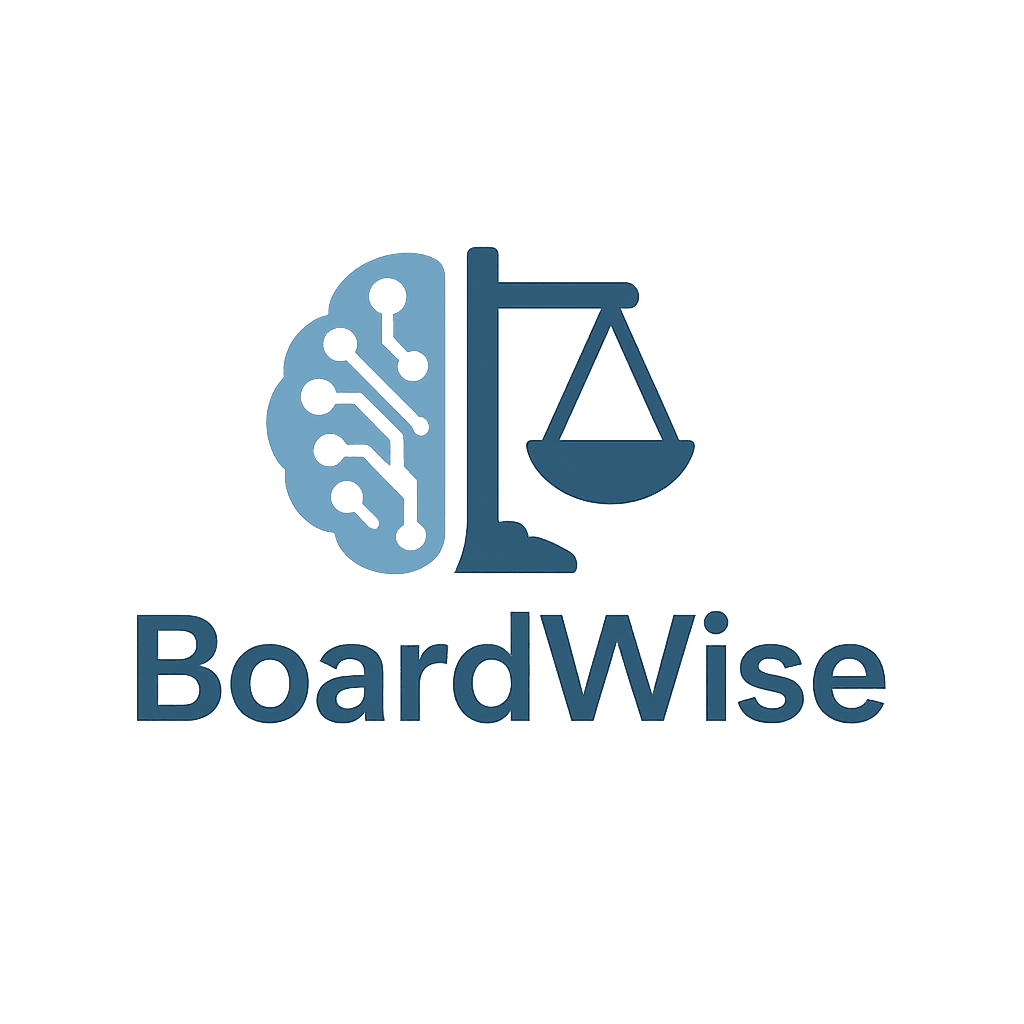Inclusive Licensing: Rethinking Regulation as a Pathway to Opportunity
Matt
Founder & CEO of BoardWise

Occupational licensing has long been criticized by economists, policymakers, and antitrust regulators for being inefficient, costly, and exclusionary (Padi & Choi, 2025). Despite this broad critique, licensing remains deeply embedded in the labor market. Manisha Padi and Grace Choi, in their article "Inclusive Occupational Licensing," argue that rather than dismantling licensing systems, policymakers should redesign them to become engines of inclusion and opportunity.
Licensing as Both Barrier and Signal
The authors begin by identifying two ways that licensing contributes to inequality: as a barrier to entry and as a signal of quality. As a barrier, licensing imposes education, testing, and registration costs that fall hardest on low-income, immigrant, and minority workers (Padi & Choi, 2025). Studies show that these requirements can reduce labor supply by more than 20 percent in some occupations when comparing licensed to unlicensed states (Padi & Choi, 2025). The result is higher consumer prices and fewer opportunities for disadvantaged workers.
Yet licensing also offers benefits. It can raise wages and signal professionalism. Workers in licensed occupations earn, on average, 18 percent more than unlicensed workers, and in some cases, licensing narrows racial wage gaps (Padi & Choi, 2025). The paradox is that licensing both protects and excludes.
Why Reform Efforts Have Struggled
Reform efforts have often stumbled. Although there is bipartisan agreement that licensing can be anti-competitive, structural obstacles prevent meaningful change. Incumbent professionals tend to resist reform, and licensing boards often enjoy immunity from antitrust liability through the "state action" doctrine (Padi & Choi, 2025). Because of these factors, reforms aimed only at reducing licensing requirements have had limited success.
The Inclusive Licensing Framework
Padi and Choi suggest a new approach called inclusive licensing. Instead of eliminating licenses, they propose creating additional, lower-cost licenses within existing occupations. These would preserve consumer protections while opening opportunities to underrepresented groups. Their model includes three principles: the new license should operate within an already licensed occupation, it should cost significantly less to obtain, and it should have a limited scope of practice—such as restrictions on geography or business size (Padi & Choi, 2025). This design would broaden access without eroding quality.
Case Study: California's Home-Based Food Sector
To demonstrate their framework, the authors analyze licensing reforms in California's home-based food sector. The Homemade Food Act of 2012 and the Microenterprise Home Kitchen Operations (MEHKO) permits of 2019 created new, more accessible pathways for small food entrepreneurs. Their data show that women, Black workers, and individuals in food desert areas benefited most from these licensing expansions (Padi & Choi, 2025). The authors argue that these inclusive models not only promote equity but also improve service delivery in underserved communities.
Implications for Labor Markets and Policy
Their research has broad implications for labor markets and policy. For regulators, it suggests focusing less on deregulation and more on equity-centered redesign. Policymakers should evaluate reforms by their ability to expand opportunity rather than simply reduce costs. For workers, it reframes licensing as a potential ladder to advancement instead of an obstacle.
For professionals and platforms that help navigate licensing, this perspective offers a compelling shift. It positions license defense and compliance as part of a larger movement toward fairness, access, and mobility. Supporting professionals through inclusive systems aligns with a broader mission of justice and empowerment.
Conclusion
Padi and Choi's work ultimately reframes occupational licensing from a static gatekeeping mechanism into a dynamic tool for inclusion. Rather than dismantling the system, they envision using it to build pathways that expand opportunity, diversify professions, and strengthen communities.
Reference
- Padi, M., & Choi, G. (2025). Inclusive occupational licensing. California Law Review, 113.
